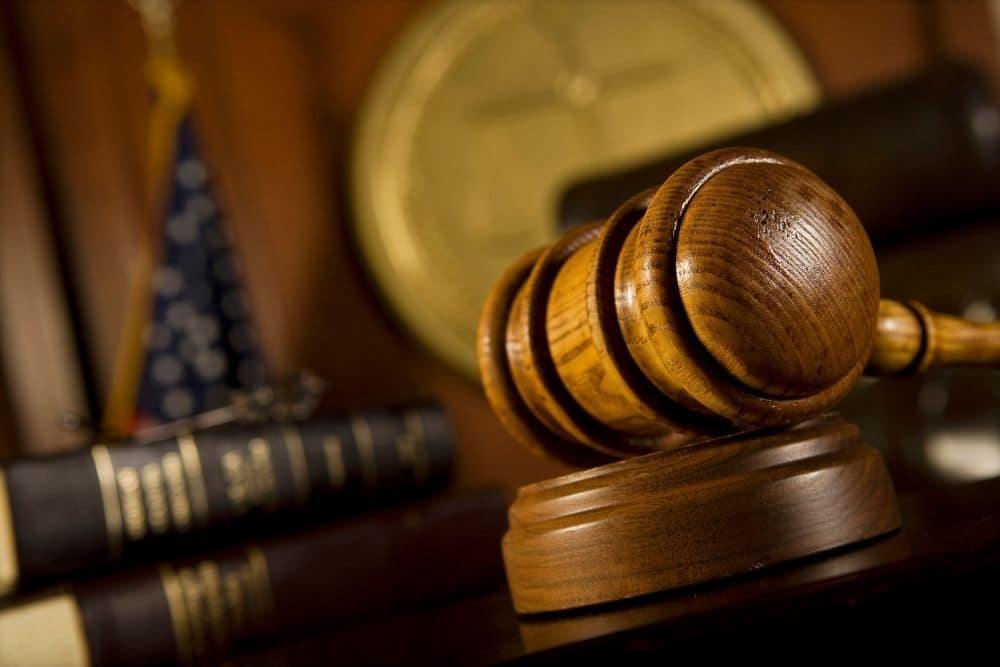Special Prostitution Court in Cook County: How Do You Get Access?
Prostitution laws in Illinois have long treated prostitutes as criminals, but the reality is that many of the people who are working as prostitutes may not be there by choice. Instead, they may be trafficked, have issues with addiction, or have mental health issues that have placed them in a situation where prostitution may be their only viable option.
Due to this reality, Cook County has decided to take a new look at how the legal system treats prostitution. While it has already been downgraded to a misdemeanor offense, prostitution court in the county is now looking to help those involved in prostitution. The goal is to get them the treatment they need instead of sentencing them to jail time and other penalties.
Here’s what you need to know about prostitution court in Illinois and how someone can access this specialized court to take advantage of its services.
Illinois Prostitution
In the state of Illinois, prostitution occurs when someone offers, agrees to perform or performs a sexual act in trade for something of value. In recent years, prostitution is usually charged as a Class A misdemeanor, with a punishment of up to one year behind bars and the requirement to pay fines of as much as $2,500.
In some cases, however, a prostitution charge can be a Class 4 felony. In these cases, the law must be broken within 1,000 feet of a school, or the person charged has previous prostitution convictions. A Class 4 felony can result in as many as three years in prison and fines of up to $25,000.
Illinois Prostitution Court
The Chicago Prostitution and Trafficking Intervention Court was created by the State’s Attorney. It was created as a place to prosecute those who are accused of prostitution but also serves to address the underlying issues that may drive them to commit the crime.
Specifically, this court wants to address substance abuse issues to help reduce addiction for those who are working as prostitutes, whether they are doing it voluntarily or not. The court also seeks to help those break the cycle of prostitution since it’s often a lifestyle that people find themselves in with no realistic exit. This helps to reduce recidivism and helps to keep jail populations down as well.
Now, those in the special prostitution court will still face misdemeanor charges, but they will also be put in contact with specialized services and resources to help them move forward.

The Four Program Levels
There are four program levels to the Prostitution and Trafficking Intervention Court. Victims are assigned to a level that is based on their current needs and circumstances, as well as their previous criminal history.
Some levels are more intensive than others. As long as the people in the court are working the program, their prosecution will be deferred. If they successfully complete it, then the charges against them can be dismissed.
How to Get Involved
If you or someone you know has been arrested for prostitution in Cook County, then ask the court about how to transer the case to this specialty court. If it is available, and you meet the criteria, then your case can be transferred. Then, you can start working toward recovery and leave a life in which you may feel trapped.
About the Author:
Andrew M. Weisberg is a former felony prosecutor who now serves as a defense attorney in the greater Chicago area. He has extensive experience in handling all types of criminal cases, from sex offenses and domestic violence to retail theft-related crimes, murder, and drug crimes. His work has been recognized by Avvo, Expertise, National Trial Lawyers, and others, and he has been featured on countless news outlets for his experience and knowledge in criminal law.







 Blog Home
Blog Home 










